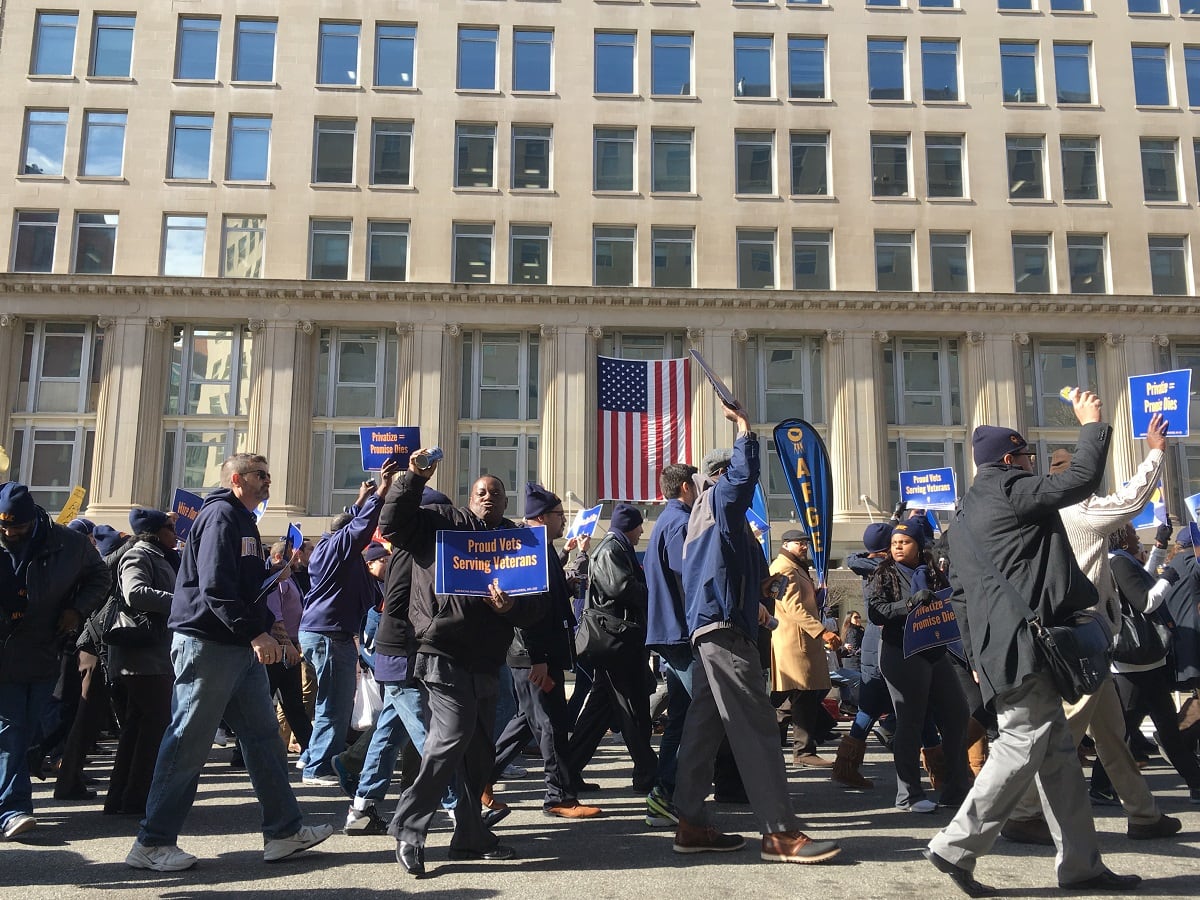Legislation intended to financially support “essential workers” currently working in-person during the COVID-19 pandemic could also apply to some federal employees that were required to work in the office or interact with citizens.
The Pandemic Heroes Compensation Act, introduced in both chambers of Congress May 15, defines an essential worker as “any individual, employee, or contractor working for a person, business, nonprofit entity, or federal, state, tribal, territorial or local government that is determined, during the response to the COVID–19 pandemic, to be essential, based on state, local, tribal or territorial orders or declarations (or equivalent) or federal guidance published by the Cyber and Infrastructure Security Agency, and who performed work outside their place of residence.”
And though some representatives at a June 10 House Oversight and Reform committee hearing criticized the legislation for providing too vague a window for estimating who qualifies as an essential worker, Rep. Stephen Lynch, D-Mass., noted that some federal government employees, such as those working for the U.S. Postal Service, would absolutely fit under that description:
“90 percent of the drugs that go to our veterans are handled by letter carriers and postal clerks and mail handlers. That’s a critical, essential service. It’s not hard to determine who is essential here.”
RELATED

The legislation, modeled after the September 11th Victim Compensation Fund, would establish a fund and financial assistance for workers that were forced to leave their homes to work during the pandemic.
The Pandemic Heroes Compensation Act is not the only pending coronavirus response legislation to potentially impact federal employees, as the Health and Economic Recovery Omnibus Emergency Solutions Act, billed as the second large-scale federal stimulus to address the pandemic, also contains specific provisions to keep workers home and assist those that have to come into the office.
The bill would direct the heads of federal agencies to require all telework-eligible employees to continue working from home through the end of the calendar year, while presuming that any employee required to return to the office or worksite that contracts COVID-19 acquired the illness in the workplace.
“This automatic presumption of workplace illness allows these federal employees to make a Federal Employees’ Compensation Act claim without facing a potentially lengthy denial and appeals process and helps these workers receive much needed benefits and health care services,” the American Federation of Government Employees wrote in its statement to the committee for the June 10 hearing.
The bill would also set reporting requirements for agency use and need of personal protective equipment.
“Congress provided the VA almost $20 billion in the CARES Act, and with that money we expect the VA to provide PPE to everyone working in and entering veterans health administration facilities. But just yesterday, the top health official at the VA admitted that they may not have enough supplies to withstand a second wave of the virus,” Rep. Debbie Wasserman Schultz, D-Fla., said at the hearing.
Leadership at the VA has been criticized for not properly testing employees or including employee unions sufficiently in coronavirus response and reopening plans.
“In the VA system, their PPE has been woefully inadequate,” said Bonnie Castillo, executive director of National Nurses United, at the hearing.
The HEROES Act passed the House May 15 and will go on to the Senate for consideration.
Jessie Bur covers federal IT and management.





